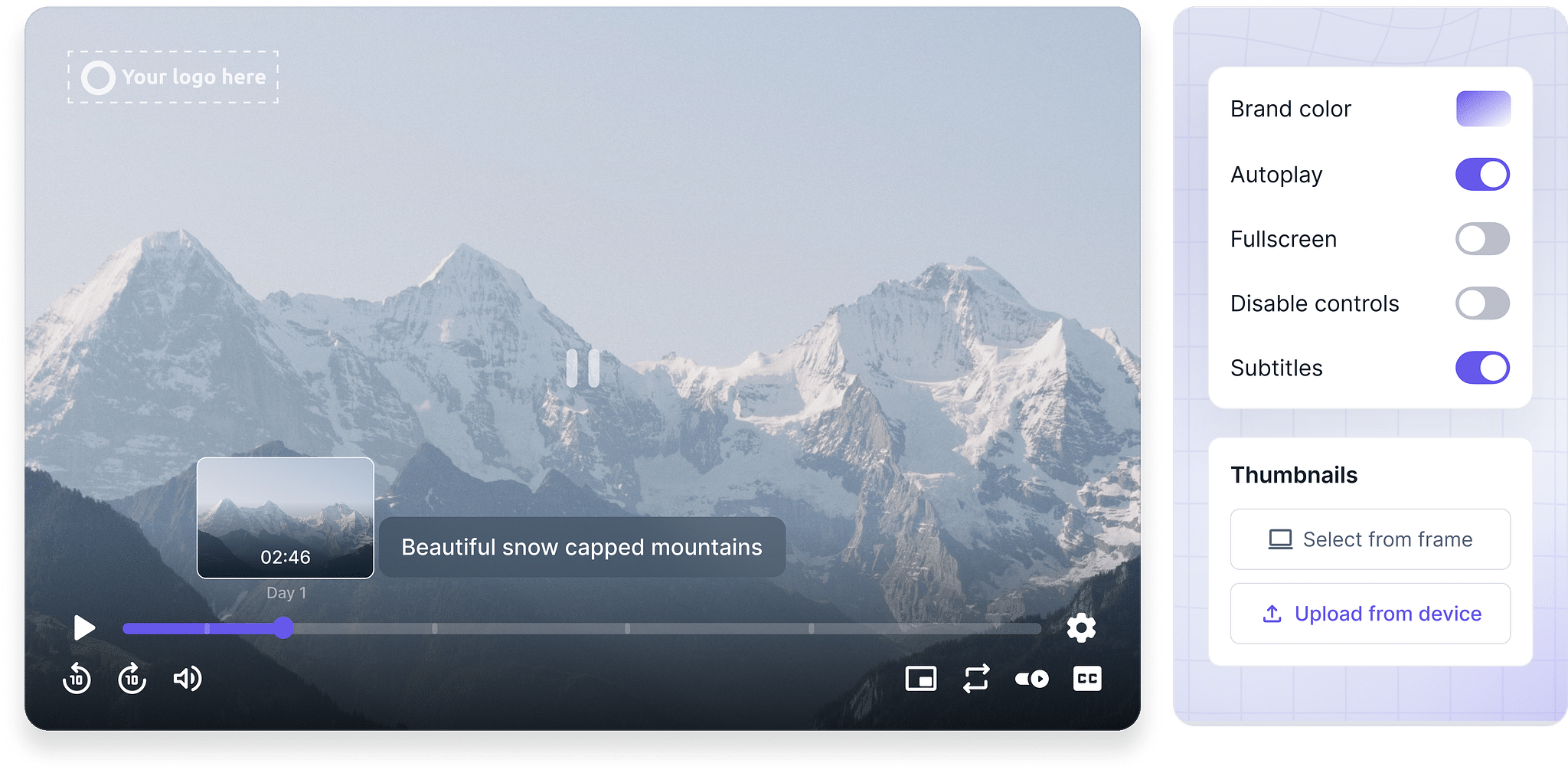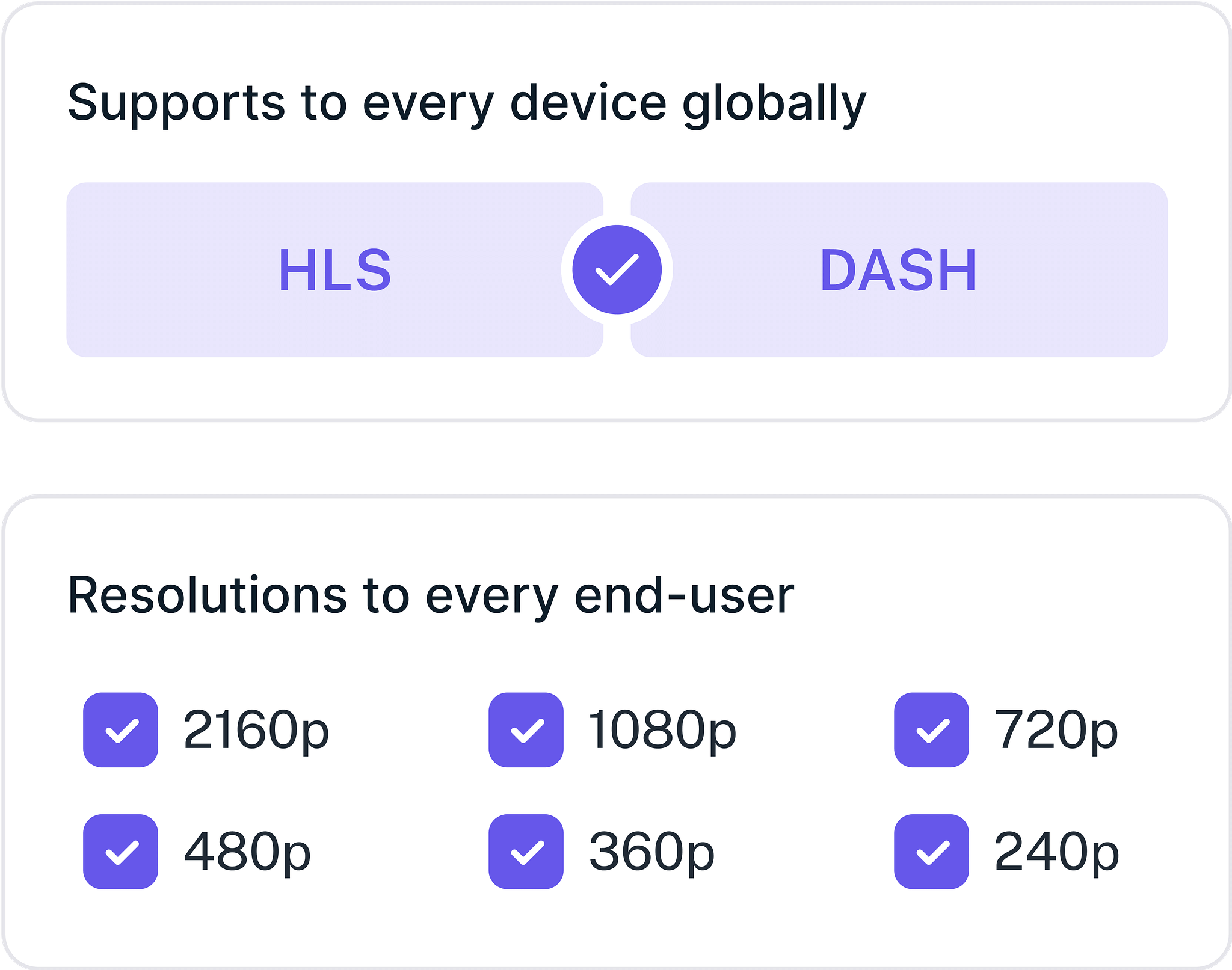Ever wondered what an MKV file is and why it's all the rage among tech enthusiasts and media lovers? Well, buckle up because we're diving deep into the world of MKV files, breaking down everything you need to know about them. Whether you're a beginner or someone looking to expand your knowledge, this guide will walk you through the ins and outs of MKV files in a way that's easy to digest.
Let's face it, in today's digital age, we consume media like never before. From binge-watching shows to downloading movies, we're constantly looking for ways to enhance our viewing experience. That's where MKV files come in. They're not just another file format; they're a game-changer in the world of multimedia. So, if you've ever been curious about MKV files, you're in the right place.
Now, before we dive deeper, let's clear the air. MKV files can seem a bit intimidating at first glance, but trust me, they're simpler than you think. By the end of this guide, you'll not only understand what an MKV file is but also how to use it to elevate your media experience. Ready to level up your tech game? Let's go!
What Exactly is an MKV File?
Alright, let's cut to the chase. An MKV file, or Matroska Video File, is essentially a container format that holds multiple types of data within a single file. Think of it as a digital toolbox where you can store video, audio, subtitles, and even images—all wrapped up in one neat package. The beauty of MKV lies in its flexibility and compatibility with various codecs, making it a favorite among tech-savvy users.
Here's the kicker: unlike other file formats, MKV doesn't limit you to a specific codec. This means you can use virtually any video or audio codec you want, giving you the freedom to customize your media experience. Whether you're a movie buff or a tech enthusiast, MKV files offer a level of versatility that's hard to beat.
Why MKV Files Are Different
So, what sets MKV files apart from the rest? For starters, they're open-source, which means no proprietary restrictions. You don't have to worry about licensing issues or compatibility problems. Plus, MKV files are designed to handle high-definition content with ease, ensuring your movies and shows look as good as they possibly can.
Another cool feature of MKV files is their ability to handle multiple audio tracks and subtitles. Imagine watching a movie in one language while reading subtitles in another—all without switching files. It's like having your own personal multilingual cinema at home. Who wouldn't want that?
How MKV Files Work
Now that we know what MKV files are, let's talk about how they work. At its core, an MKV file is a container that bundles different types of data into a single file. This container can hold video streams, audio tracks, subtitles, and even chapters, all in one place. The key here is the use of codecs, which are essentially software programs that encode and decode digital data.
When you play an MKV file, your media player uses the appropriate codecs to decode the data inside the container. This allows you to enjoy seamless playback without any hiccups. It's like having a digital Swiss Army knife that can handle anything you throw at it.
Breaking Down the Components of an MKV File
Let's take a closer look at the components that make up an MKV file:
- Video Streams: The main attraction, where your movie or show lives.
- Audio Tracks: Multiple audio streams, allowing you to switch between languages or audio formats.
- Subtitles: Support for multiple subtitle formats, ensuring you never miss a word.
- Chapters: Organize your content into chapters for easy navigation.
- Attachments: Store additional files like cover art or fonts within the MKV file itself.
See? MKV files are like a digital buffet, offering a variety of options to suit your preferences.
Advantages of Using MKV Files
Now, let's talk about why MKV files are worth your time. First and foremost, they offer unparalleled flexibility. Whether you're dealing with high-definition video or multiple audio tracks, MKV files handle it all with ease. Plus, they're compatible with a wide range of devices and media players, so you don't have to worry about compatibility issues.
Another advantage of MKV files is their ability to preserve quality. Unlike some other formats that compress data to save space, MKV files maintain the original quality of your media. This means your movies and shows will look and sound as good as they did when they were first created.
Why MKV Files Are the Future
Here's the deal: MKV files are not just a passing trend. They're here to stay, and for good reason. As technology continues to evolve, the demand for high-quality, flexible media formats will only increase. MKV files meet this demand head-on, offering a solution that's both powerful and user-friendly.
Plus, with the rise of streaming services and online media consumption, having a format that can handle everything from 4K video to surround sound is more important than ever. MKV files are at the forefront of this revolution, paving the way for a new era of digital media.
How to Open and Play MKV Files
So, you've got an MKV file on your hands, but how do you open it? Fear not, because playing MKV files is easier than you think. All you need is a compatible media player. Some popular options include VLC Media Player, MPC-HC, and PotPlayer. These players come equipped with the necessary codecs to handle MKV files, so you can enjoy your media without any hassle.
Here's a quick tip: if you're using Windows or macOS, VLC Media Player is a great choice. It's free, open-source, and supports virtually every file format under the sun. Plus, it's super easy to use, even for beginners. So, if you haven't already, download VLC and give it a try.
Troubleshooting Common Issues
Of course, like any technology, MKV files can sometimes cause a few hiccups. If you're having trouble playing an MKV file, here are a few things to check:
- Make sure your media player is up to date.
- Verify that the necessary codecs are installed.
- Try playing the file on a different device or media player.
- Check for any errors or issues with the file itself.
By following these simple steps, you should be able to resolve most common issues and enjoy your MKV files without any problems.
Converting MKV Files to Other Formats
Now, what if you need to convert an MKV file to a different format? No worries, there are plenty of tools out there that can help you with that. Programs like HandBrake, Freemake Video Converter, and MKVToolNix are just a few examples of software that can convert MKV files to other formats like MP4 or AVI.
Here's the best part: most of these tools are free and easy to use. Simply select your MKV file, choose the desired output format, and let the software do the rest. It's that simple. So, whether you need to convert an MKV file for compatibility reasons or just prefer a different format, you've got plenty of options to choose from.
When to Convert MKV Files
While MKV files are great, there are times when converting them to another format might be necessary. For example, if you're sharing a file with someone who doesn't have a compatible media player, converting it to a more widely supported format like MP4 might be the way to go.
Another scenario where conversion might come in handy is when you're dealing with older devices that don't support MKV files. By converting the file to a more universal format, you can ensure that everyone can enjoy your media, regardless of their device or software.
Creating Your Own MKV Files
Feeling adventurous? Why not try creating your own MKV files? With the right tools, it's easier than you think. Programs like MKVToolNix and MKV Merge GUI allow you to combine video, audio, and subtitle files into a single MKV file. This is especially useful if you want to customize your media experience or share your creations with others.
Here's a quick guide to creating your own MKV files:
- Download and install a tool like MKVToolNix.
- Select the video, audio, and subtitle files you want to include.
- Set any additional options, such as chapters or attachments.
- Start the merging process and wait for your new MKV file to be created.
It's that simple. With a little practice, you'll be creating your own MKV files in no time.
Tips for Creating High-Quality MKV Files
If you're serious about creating high-quality MKV files, here are a few tips to keep in mind:
- Use high-quality source files whenever possible.
- Choose the right codecs for your video and audio streams.
- Optimize your settings for the best balance of quality and file size.
- Test your files on different devices and players to ensure compatibility.
By following these tips, you'll be well on your way to creating MKV files that look and sound amazing.
Common Misconceptions About MKV Files
Let's clear up a few common misconceptions about MKV files. First, some people think that MKV files are inherently larger than other formats. While it's true that MKV files can be larger due to their ability to store multiple streams, this isn't always the case. In fact, MKV files can often be smaller than other formats when properly optimized.
Another misconception is that MKV files are difficult to work with. Sure, they might seem a bit intimidating at first, but with the right tools and a little practice, anyone can use them effectively. Plus, the benefits of using MKV files far outweigh any initial learning curve.
Why MKV Files Are Worth the Effort
At the end of the day, MKV files offer a level of flexibility and quality that's hard to match. Whether you're a casual user or a tech enthusiast, there's something for everyone in the world of MKV files. So, don't let the misconceptions hold you back—give MKV files a try and see for yourself what all the fuss is about.
Conclusion: Embrace the Power of MKV Files
And there you have it, folks. A comprehensive guide to understanding and utilizing MKV files. From their flexibility and compatibility to their ability to preserve quality, MKV files offer a lot of value to anyone looking to enhance their media experience. So, whether you're watching movies, listening to music, or creating your own content, MKV files are definitely worth considering.
Now, it's your turn. Have you tried using MKV files? What's your favorite feature? Let us know in the comments below and share this article with your friends and family. Together, let's embrace the power of MKV files and take our media experience to the next level!
Table of Contents


